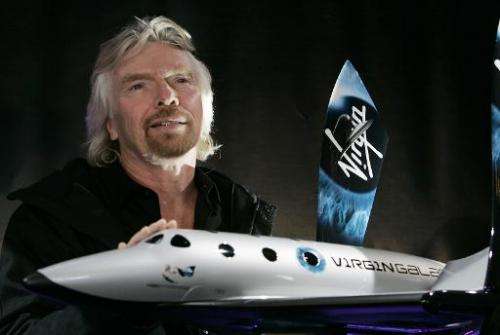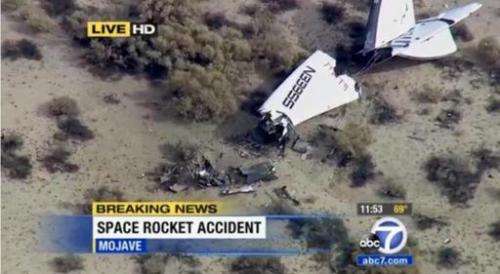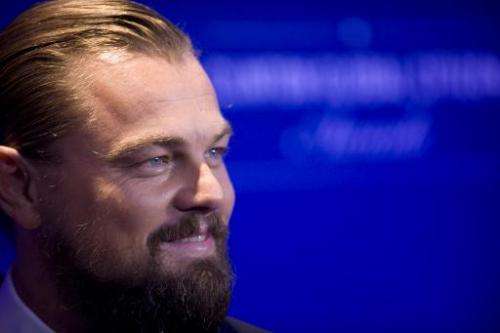Virgin crash sets back space tourism by years: experts

The deadly crash of Virgin Galactic's spacecraft has dealt a devastating setback to the cause of space tourism, delaying the first commercial flights to the stars by years, experts said Friday.
After several delays, Virgin Galactic had hoped to start ferrying passengers to the edge of space in 2015, ushering in a new era of tourism for those willing and wealthy enough to pay up to $250,000 for the privilege.
But the pioneering dreams of British tycoon Richard Branson were left scattered across California's Mojave Desert on Friday after the disaster that claimed Virgin Galactic's SpaceShipTwo and the life of one of its pilots.
"You are not going to see any commercial space tourism flight next year or probably several years after that," said Marco Caceres, a senior space analyst and director of space studies for the Teal Group, a Washington-based defense and aerospace consultancy.
"This certainly delays any Virgin Galactic commercial flight for at least two years or more."
He described Virgin as the leader "by far" of the nascent commercial space tourism industry.
Virgin Galactic had already lined up 650 customers for its first flights on the craft, including a slew of celebrities.
The fact that the accident came just days after a private rocket destined to take supplies to the International Space Station exploded shortly after take-off in Virginia on Tuesday will also likely hurt the space tourism industry.
"It will delay this industry and by the same token delay any commercial tourism industry to orbit because the future development of the tourism industry is hinged to suborbital flights," where passengers experience weightlessness for a few minutes and can enjoy the darkness of the cosmos while admiring the curvature of the Earth, Caceres said.

"(Suborbital tourism) will attract the attention, the excitement of the public and if you delay this, the other of course is going to be delayed."
'More tests needed'
Caceres said Virgin Galactic will now need to carry out a far greater number of tests before commercial flights could become a possibility.
"Unfortunately there just have not been enough test flights with this vehicle. This was the downside," he said.
"They are doing a lot of testing on the ground but they are not doing enough in flight. They need to fly much more before they begin the commercial."
SpaceShipTwo was carried into the upper reaches of the atmosphere by a four-engine dual fuselage aircraft before being released and blasting off on a suborbital flight for around three hours. The craft is designed to carry two pilots and six passengers.
Branson had vowed to be on the first flight next year along with his son. Virgin Galactic in May obtained authorization from the Federal Aviation Administration to launch its flights from a base in New Mexico to be named "Spaceport America."

Stars such as Leonardo DiCaprio and Ashton Kutcher had been among those reportedly planning to take Virgin Galactic's first wave of flights.
John Logsdon, former director of the Space Policy Institute at George Washington University, said the crash would have a sobering effect.
"This will inject a note of sobriety into the enthusiasm of those who would like the spaceflight experience," Logsdon said.
"There was a whole juggernaut of ground training and private spaceports that were being set up to support an emerging space tourism industry, with a collective burst of maybe unrealistic expectations.
"This will certainly throw cold water on that."
The crash could also torpedo a reality television program being planned by US broadcaster NBC, dubbed "Space Race."
The show, announced last year, was due to follow space fans as they competed to win a free ride on SpaceShipTwo.
© 2014 AFP




















